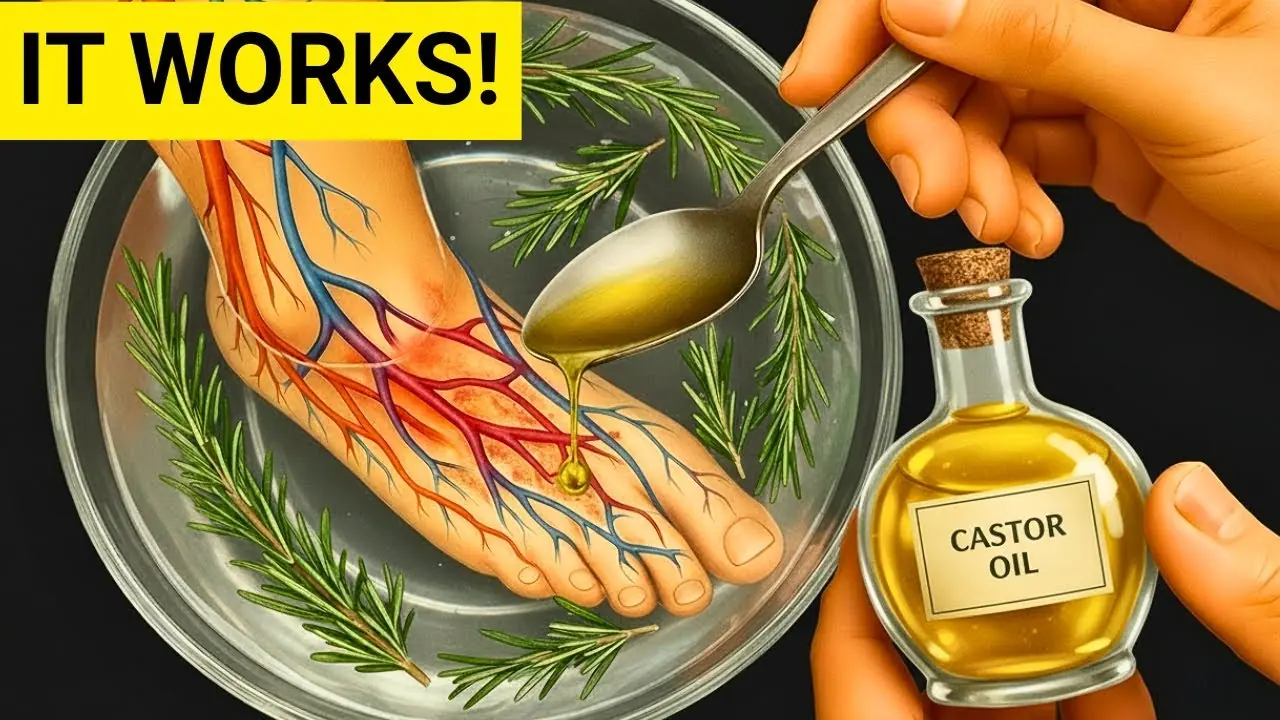
Unexplained Bruising on Your Body: Causes and Treatments
Random bruising on your legs—or anywhere else on your body—can be concerning, especially when it appears without a clear cause. These bruises typically result from minor trauma or injury, but when bruises appear for no apparent reason, it can leave you wondering if something more serious is going on.
Some individuals tend to bruise more easily than others. For them, even a slight bump may result in large black or blue marks on the skin. Unexplained bruising is not only cosmetically unappealing but can also indicate an underlying health issue in some cases.
In this article, we’ll explore the common and less common causes of random bruising, what bruises actually are, and when you should see a doctor. We'll also discuss natural ways to help your body heal bruises faster.
What Is a Bruise?
A bruise (also known as a contusion) is a form of skin discoloration that occurs when small blood vessels under the skin (capillaries) break due to an injury. Blood leaks into the surrounding tissue, which causes the typical bluish-black mark on the skin. As the body reabsorbs the blood, the bruise changes color, eventually turning green, yellow, or brown as it heals.
Dr. John Cunha from eMedicineHealth explains that bruises are typically tender or painful at first and can become itchy as they heal. Most bruises fade within 1 to 2 weeks, but the healing process can be longer depending on the cause, the individual’s age, or overall health.
Common Causes of Random or Unexplained Bruising
Understanding what causes random bruising can help you prevent it or identify when medical attention is necessary. Below are the most common reasons bruises may appear unexpectedly.
1. Aging
As we age, our skin becomes thinner and loses the fatty cushion that protects blood vessels from trauma. According to the Mayo Clinic, this makes elderly individuals more susceptible to bruising from minor bumps they may not even notice.
A study by the University of California noted that 90% of bruising in elderly people appears on the arms and legs, while bruises on the neck, ears, or soles of the feet may warrant further investigation for potential abuse or underlying illness.
2. Vitamin Deficiency
A deficiency in certain vitamins can make you more prone to bruising:
-
Vitamin C: Helps build collagen and maintain healthy blood vessels. A deficiency can cause scurvy, leading to fatigue, gum disease, and spontaneous bruising.
-
Vitamin K: Essential for proper blood clotting. Low levels can lead to frequent or excessive bruising.
-
Vitamin B12 and Folate: Both play a role in red blood cell production and can influence clotting and vascular health.
Supplementing with these vitamins, under medical supervision, can often correct the problem.
3. Medications and Supplements
Several prescription medications and over-the-counter supplements can thin the blood, making bruising more likely:
-
Aspirin
-
Anticoagulants (like warfarin)
-
Steroids
-
Certain antibiotics
Even natural supplements like ginkgo biloba, ginger, turmeric, and St. John’s Wort have blood-thinning properties. If you're taking these in combination with prescribed blood thinners, the risk of random bruising increases significantly.
Important: Always consult with your healthcare provider before adding or removing any supplements from your routine, especially if you're on medications.
4. Hereditary Factors
Genetics also play a role. If your parents bruise easily, you may inherit this trait. Dr. William Blahd from WebMD confirms that some people naturally have more fragile blood vessels or thinner skin, making them more prone to bruising.
Women, in particular, tend to bruise more easily than men due to higher fat content and thinner skin, especially on the thighs, arms, and buttocks.
5. Blood Disorders
Certain blood conditions can cause excessive or unexplained bruising:
-
Hemophilia
-
Von Willebrand disease
-
Thrombocytopenia (low platelet count)
According to the National Hemophilia Foundation, these disorders impair the blood’s ability to clot and may lead to other symptoms like frequent nosebleeds, prolonged bleeding from cuts, or very heavy menstrual periods in women.
6. Sun Exposure
Long-term sun exposure damages the skin and weakens blood vessels, increasing the risk of bruising, especially on areas frequently exposed like the arms and legs. Drugs.com warns that excessive UV radiation may even cause permanent discoloration or bleeding under the skin.
7. Intensive Exercise or Trauma
Heavy lifting, resistance training, or high-impact sports can lead to small internal injuries and capillary rupture, resulting in bruises. According to Dr. Debra Jaliman from WebMD, this is particularly common with activities like weightlifting or running, where muscles and soft tissues experience repeated strain.
Jogger’s toenail, a common issue in runners, is a form of bruise under the toenail caused by repetitive pressure.
For such bruises, the RICE method is highly effective:
-
Rest
-
Ice (not directly on the skin)
-
Compression
-
Elevation
8. Diabetes
People with diabetes may bruise more easily due to impaired circulation and damage to blood vessels. Peripheral vascular disease—a diabetes complication—commonly affects the legs, leading to poor healing, ulcers, or unexplained skin discoloration.
Other signs of diabetes include:
-
Frequent urination
-
Increased thirst
-
Fatigue
-
Sudden weight loss
If you notice bruises that don’t heal or recur frequently, it may be worth checking your blood sugar levels.
9. Viral Infections
Viral illnesses such as rubella, chickenpox, or mumps can interfere with your blood’s ability to clot properly. More serious infections, including HIV, leukemia, or aplastic anemia, can also impact platelet production and lead to random bruising.
10. Autoimmune Disorders
Autoimmune diseases cause your immune system to attack healthy tissues, sometimes including blood vessels. This can result in unexplained bruising. Conditions that may cause this include:
-
Lupus
-
Rheumatoid arthritis
-
Vasculitis
Medications used to treat these conditions—such as corticosteroids—can also thin the skin and make bruising more likely.
Less Common But Serious Causes
In rare cases, bruising may be linked to more serious health issues:
Liver Disease
Impaired liver function can lead to a reduced production of clotting factors. Other symptoms may include:
-
Yellowing of the skin (jaundice)
-
Itchy skin
-
Swollen legs or abdomen
Kidney Disease
Chronic kidney disease can cause easy bruising, especially in later stages. Other warning signs include fatigue, nausea, and blood in urine or stool.
Cancer
Some forms of cancer (especially leukemia) and certain cancer treatments (like chemotherapy) reduce platelet counts, leading to spontaneous bruising.
A bruise on the breast that doesn't go away may be a rare sign of inflammatory breast cancer, which also presents as redness, swelling, or nipple changes.
When to See a Doctor
Most bruises are harmless and fade with time. However, you should seek medical attention if:
-
The bruise doesn't heal after two weeks
-
New bruises appear regularly without any known cause
-
You experience frequent nosebleeds or bleeding gums
-
You notice significant swelling or pain
-
The bruise appears infected (redness, warmth, pus)
Natural Remedies for Bruising
Here are a few science-backed, natural ways to speed up healing and reduce discomfort from bruises:
-
Aloe Vera: Soothes the skin and reduces inflammation.
-
Arnica: Available as a topical cream, it helps with pain and swelling.
-
Witch Hazel: A natural astringent that supports skin healing.
-
Vitamin K Cream: Helps improve clotting and fade discoloration.
-
Ice Packs: Minimize initial swelling and slow blood flow to the area.
-
Oatmeal Baths: Especially useful for large bruises or sun-damaged skin.
Final Thoughts
While most cases of random bruising are harmless and temporary, recurring or unexplained bruises can signal a deeper issue. Aging, medications, or vitamin deficiencies are often the culprits, but in rarer cases, the cause could be something more serious.
By staying aware of other symptoms and monitoring your body’s response, you can decide when a bruise is just a bruise—or when it’s time to consult a medical professional.
News in the same category


This Is What Happens to Your Body the Day You Stop Eating Bread
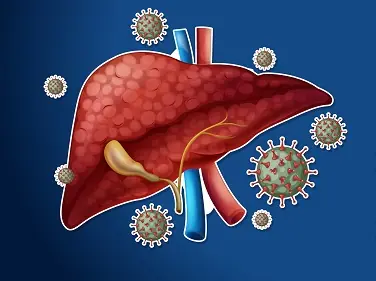
14 Symptoms of Liver Damage You Need to Know

Prepare Ginger This Way to Prevent Cancer, Reduce Cholesterol, and Lower Blood Sugar Levels
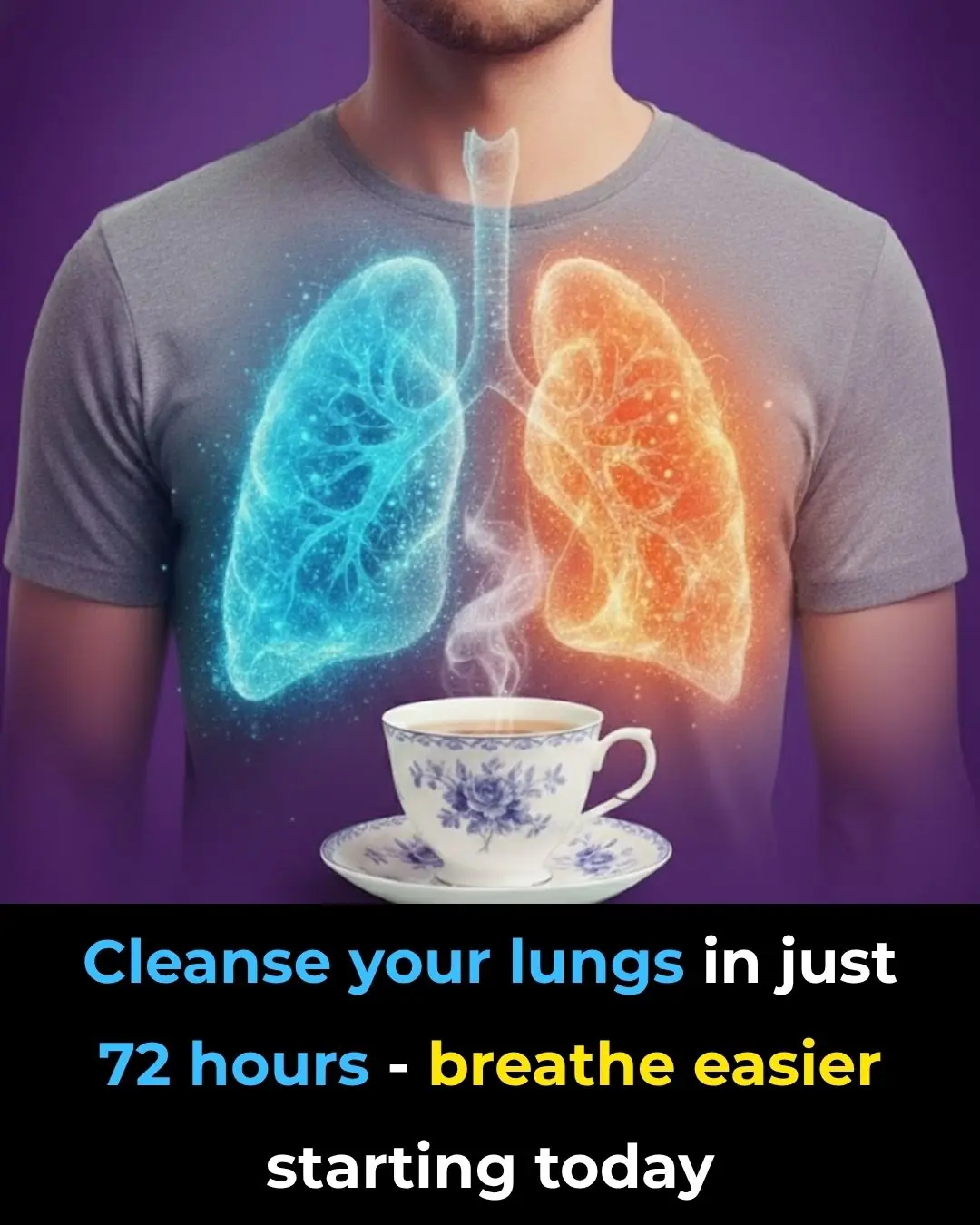
How to effectively cleanse your lungs in just 72 hours

Scientists find a berry that can combat cancer, diabetes, and obesity

Doctors reveal that consuming pumpkin causes in...

🚨 The Silent Danger: Early Signs and Prevention of Colorectal Cancer

The shocking truth about blocked arteries—it’s NOT just fatty foods!

Boil bananas before bed, drink the liquid and you will not believe what happens to your sleep
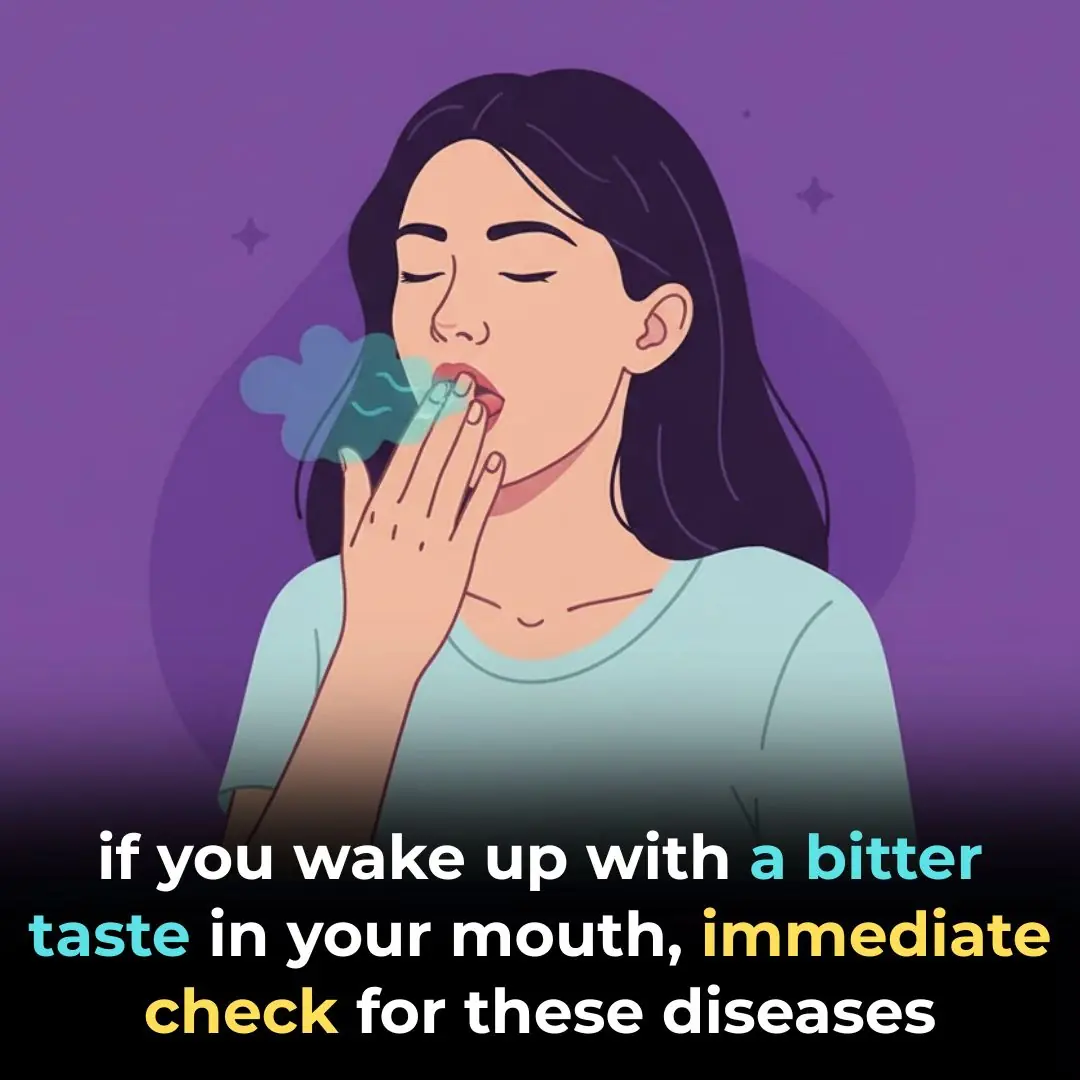
Bitter Taste In Your Mouth Discover Most Common Cause
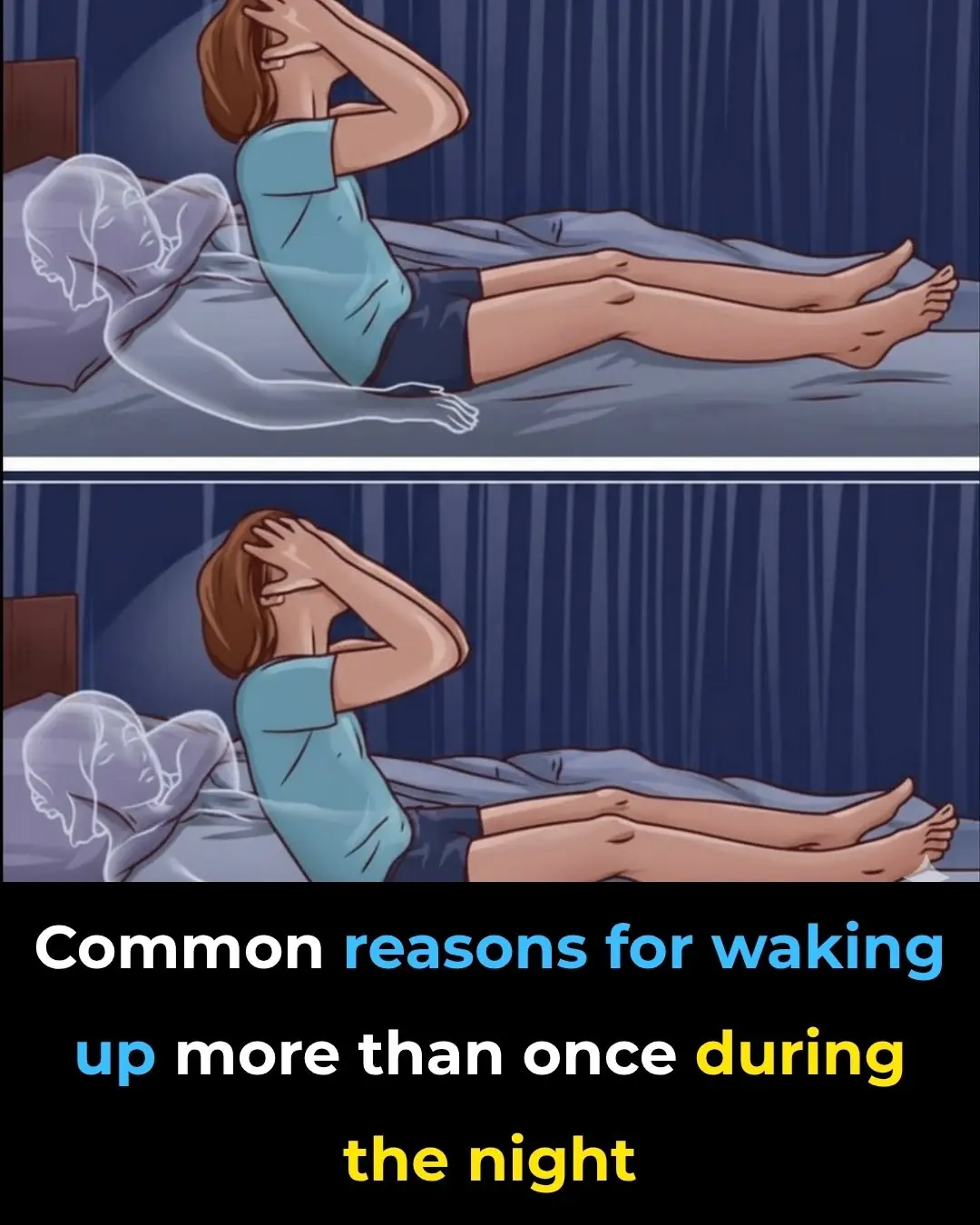
8 Common Reasons For Waking Up at Night

How to Get Rid of Constipation: The Best Home Remedies That Really Work
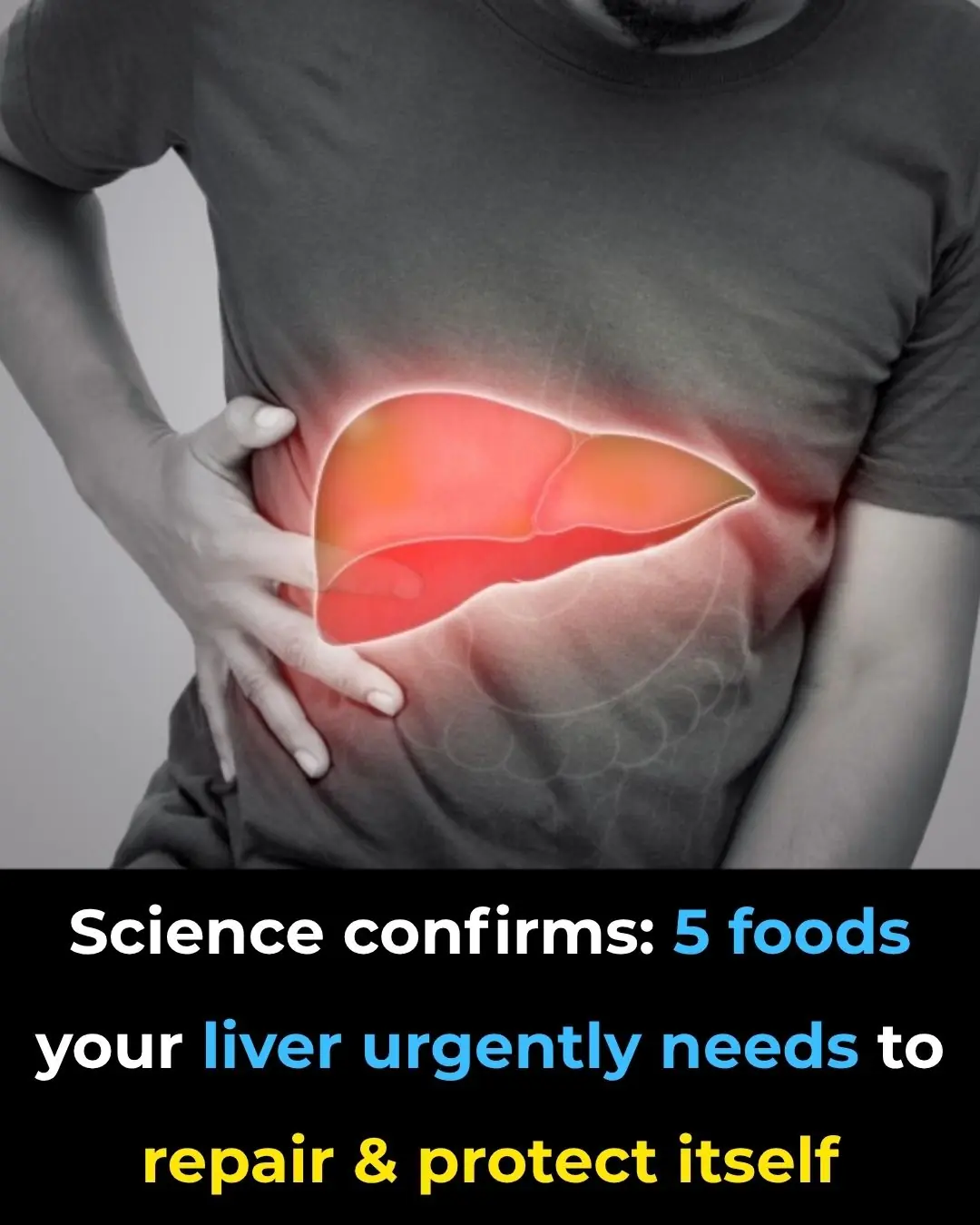
The Best Scientifically Proven Foods to Cleanse Your Liver
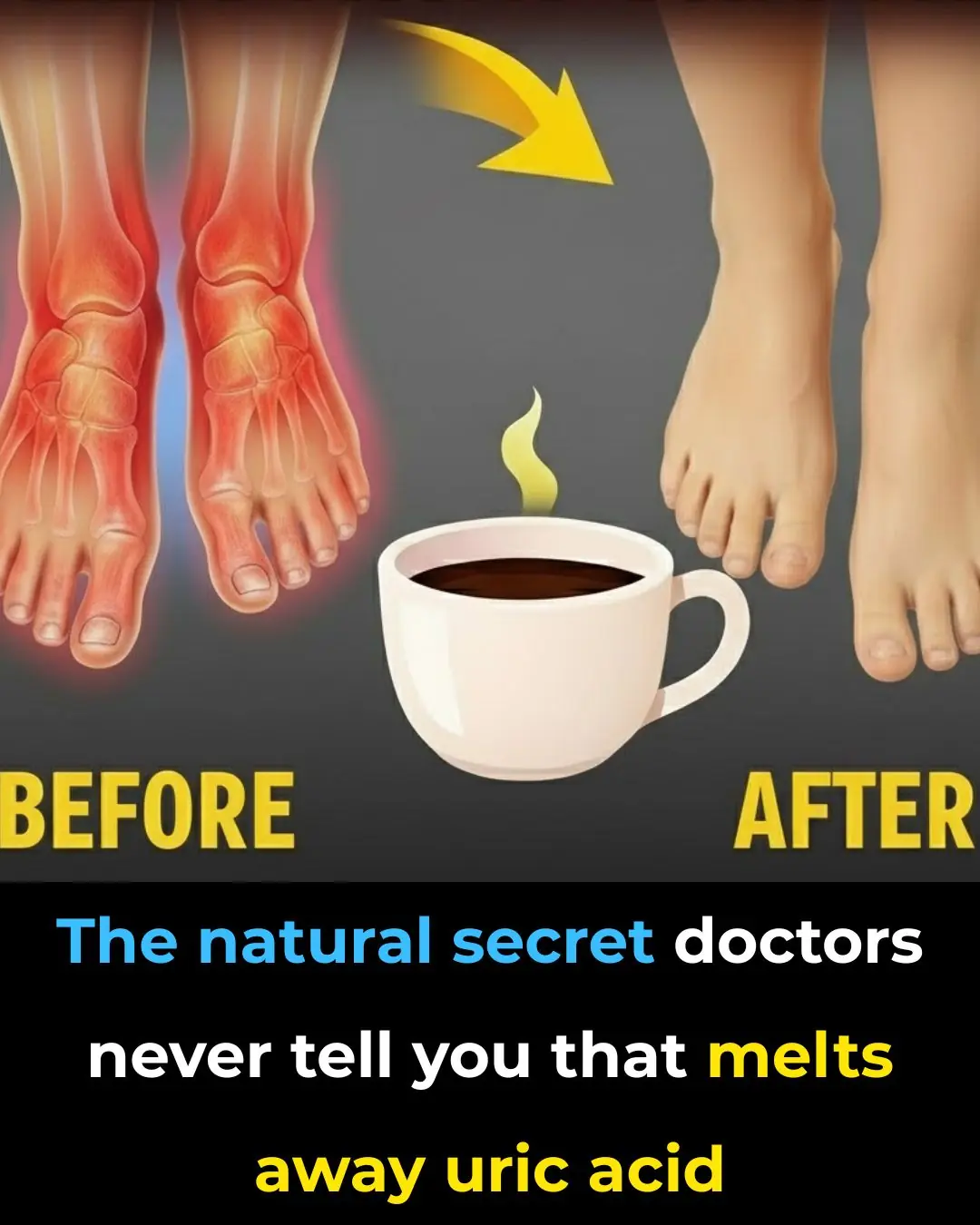
The Best Natural Gout Treatments: Remove Uric Acid Crystallization To Prevent Gout And Joint Pain

4 things your hands could be telling you about the health of your kidneys
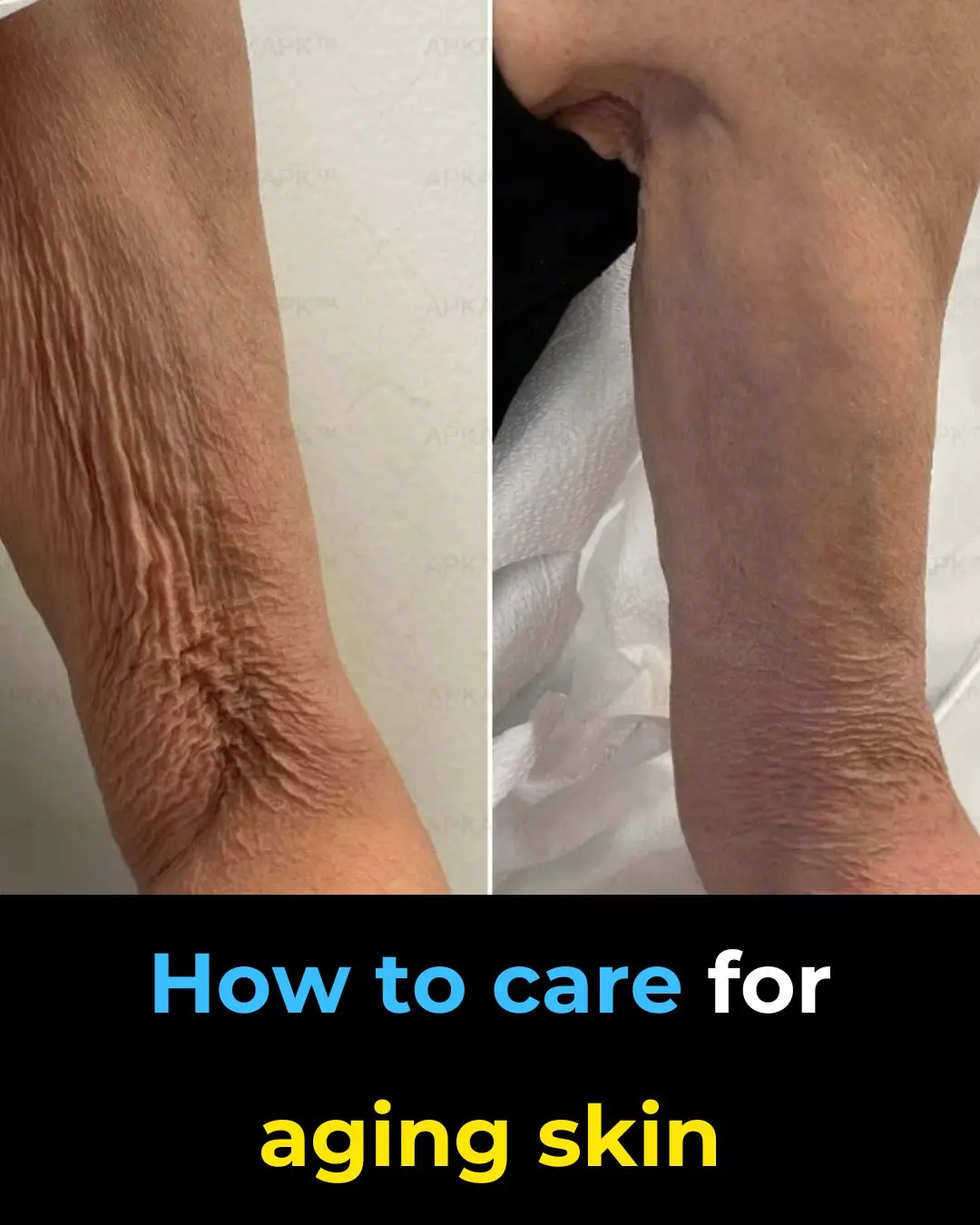
The Secret to Caring for Your Aging Skin – Gentle, Effective & Realistic

12 Amazing Benefits of Drinking Baking Soda Water Daily
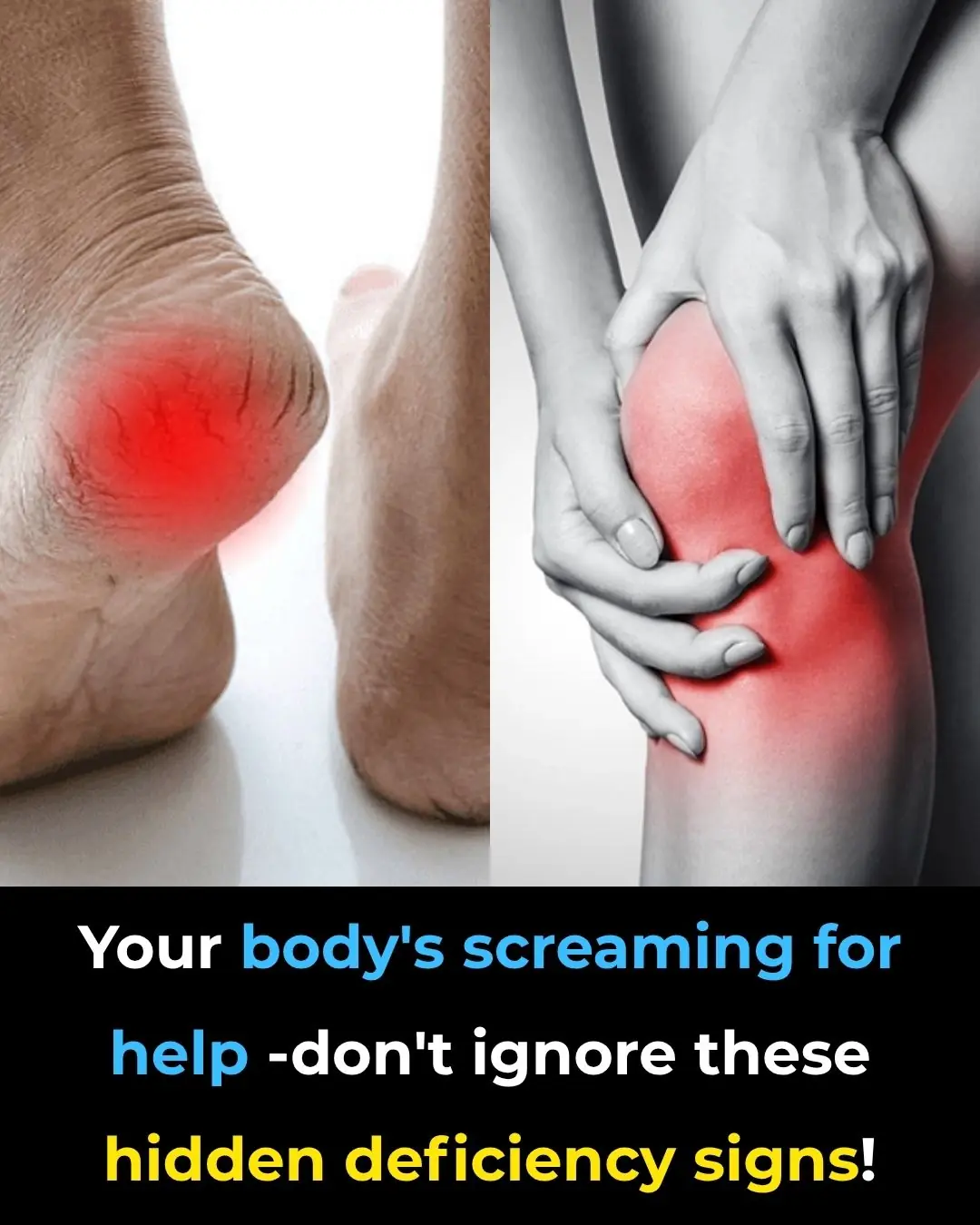
5 Deficiencies Almost Everyone Has (And Doesn’t Know About)
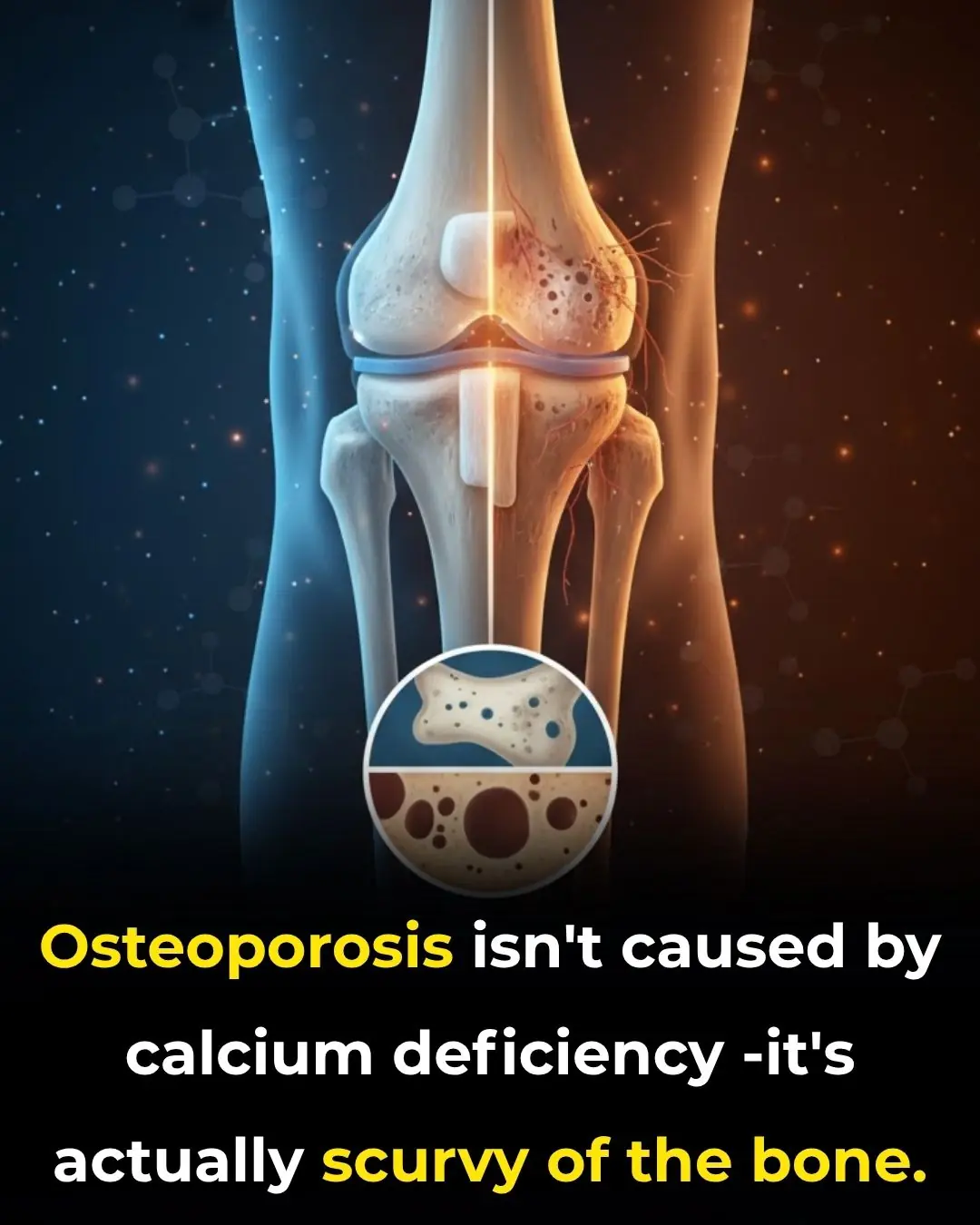
Osteoporosis Is Scurvy of the Bone, Not Calcium Deficiency
News Post

Benefits of Grapefruit Peel

Cinnamon, Garlic, and Aloe Vera Drink: A Natural Blend That May Boost Immunity

Honey, Lemon, Onion, Garlic & Ginger: The Daily Spoonful That Works Wonders

Mix Castor Oil and Rosemary — The 7-Day Results Will Surprise You

This Is What Happens to Your Body the Day You Stop Eating Bread

14 Symptoms of Liver Damage You Need to Know

Prepare Ginger This Way to Prevent Cancer, Reduce Cholesterol, and Lower Blood Sugar Levels

Chimp Smiles for the Camera — While Stealing a Dog, Then Does the Unexpected

Prayers for Chaden: A Racer’s Fight Beyond the Track

From Shoplifting Call to Saving Lives: The Story of TJ and Max.

More Than Just a Car: A Lifetime in Metal and Memories.

The Man Who Carried an Elephant.

Firefighters Build a New Path of Dignity for an Elderly Woman.

Murphy the Eagle Who Loved a Rock—Until Life Gave Him a Real Chick.

The Touch That Broke Our Hearts.

A Table in the Garage.

The Power of Simply Sitting Beside Someone.

The Spiritual Meaning of White Butterflies in Your Home

If You Find A Tick Inside Your Home, Here’s What You Need To Know
